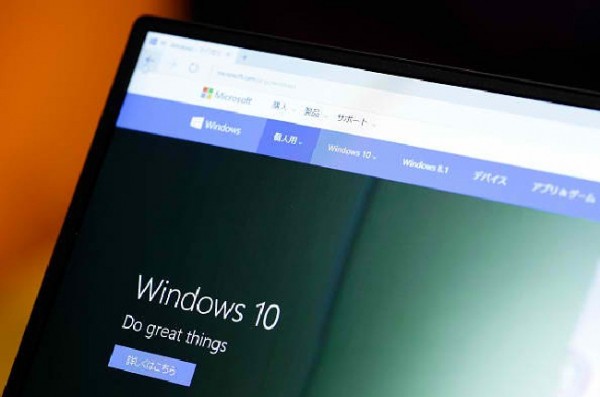
HP has used several operating systems over the past few years, but it appears that the company has always relied on Windows. As part of the company's plan for tis mobile devices division, HP announced that it will slowly shift away from relying on the Android operating system and focus its strategy towards the Windows 10 Mobile platform.
HP said that it is planning to discontinue its line of low-cost Android tablets. The company added that it is also dropping the two remaining enterprise tablets on its lineup, both of which features legacy hardware and old versions of the Android OS. Top HP executives expressed that their plans for the future will be built around the Windows 10 platform, unless demands for Android devices will grow significantly.
HP is the latest tech company to move away from the Android ecosystem. Tech company Dell has also expressed its intention to cut ties with Android. On the other hand, Lenovo still markets tablets and smartphones running on the Android operating system as well as 2-in-1 devices running on Windows.
The main goal of HP is quite simple, and that is to unify its products under one operating system, much like what Apple is doing. One prime example about this dilemma is the case of Samsung whose PC products run on Windows, its tablets and smartphones run on Android, and its smart TVs and wearable devices running on the company's homegrown Tizen OS.
As part of its plans for the mobile platform, HP is reentering the market with its latest flagship smartphone, the Elite X3 which runs on Windows 10 Mobile, according to WCCF Tech. HP said that the Elite X3 can serve as a mobile replacement for personal computers, provided that the device have access to cloud services and has the proper accessories.
In a statement acquired by PC World, HP vice president and general manager of mobility said, "We're not trying to hit volumes and scales of Android. We're going after IT shops."



